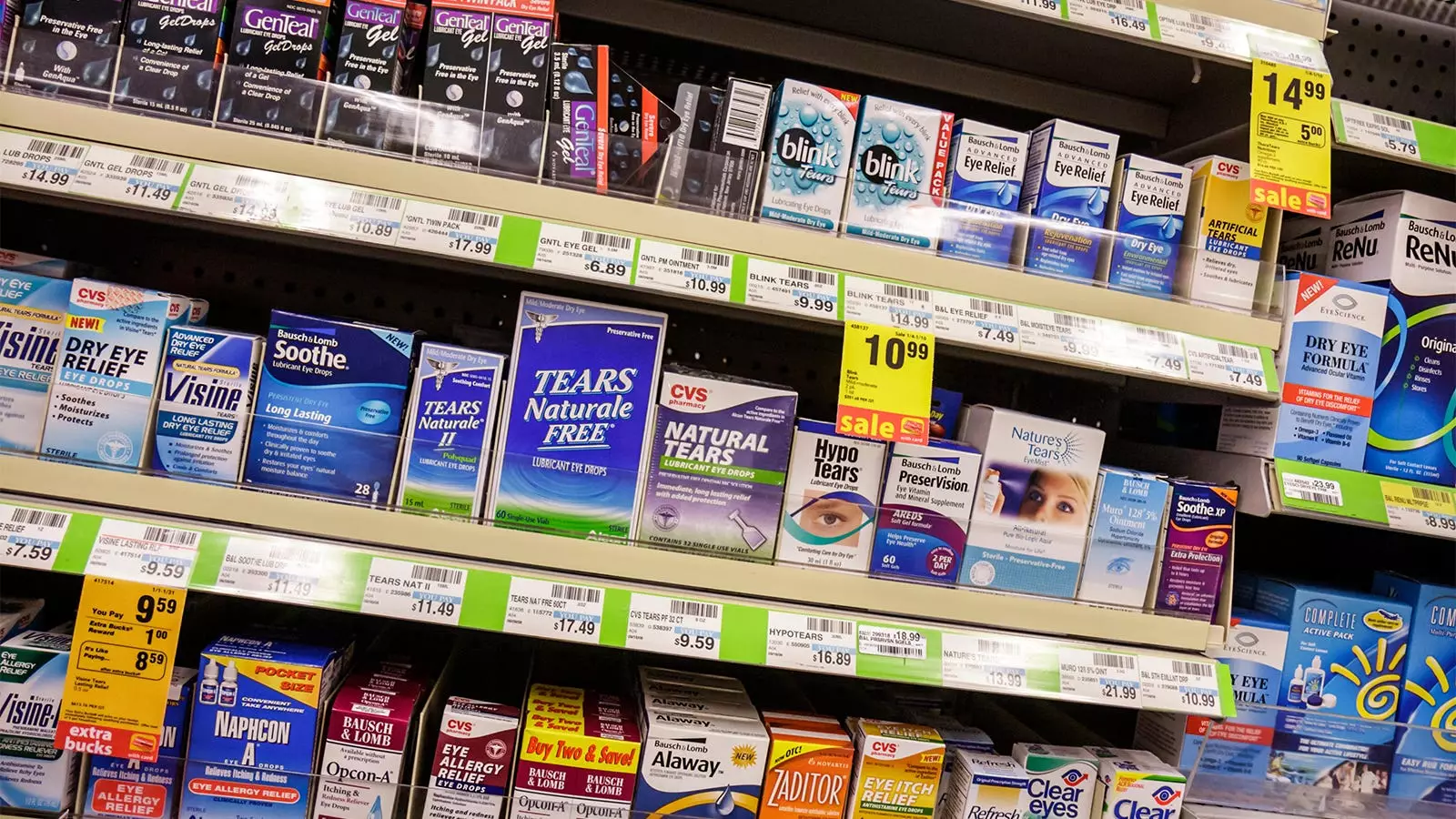The year 2021 has not been kind to over-the-counter (OTC) eye care products and their consumers. A series of government warnings and product recalls have raised significant concerns about the safety and regulation of these products. In an article published in JAMA Ophthalmology, U.S. ophthalmologists express their worries that the current state of the OTC industry is putting public health at risk on multiple fronts.
One of the main concerns voiced by the medical community is the insufficient regulatory oversight of OTC eye care products. Recent recalls of eye drops have highlighted the inadequacy of the existing system in protecting public health. Timothy Janetos, MD, MBA, of Northwestern University Feinberg School of Medicine, explains that while OTC eye care products are generally considered safe, there is a small potential for harm, which is often under-recognized and under-reported.
Another problem faced by ophthalmologists is the lack of reliable information about OTC eye care products. Physicians often rely on manufacturers’ samples, market trends, and their own anecdotal experience to provide guidance to patients. This lack of objective data makes it challenging to offer empirically informed recommendations. It also leads to frequent questions from patients about which OTC eye care products are safe to use.
Product recalls this year have further amplified public doubts about the safety of OTC eye preparations and increased patients’ inquiries to ophthalmologists. In February, the FDA and CDC issued a warning due to bacterial contamination concerns in two brands of artificial tears. These products were linked to infections caused by a drug-resistant pathogen. The voluntary recalls were associated with serious adverse events, including deaths and cases of vision loss.
Apart from contamination concerns, other quality control and marketing issues have been discovered in the OTC eye care market. Pharma companies, including CVS and Walgreens, were sent warning letters for marketing unapproved products for medical conditions such as conjunctivitis, cataracts, and glaucoma. The FDA has also found unsanitary conditions and positive bacterial tests at a manufacturing plant, leading to the withdrawal of 26 eye care products from pharmacy shelves.
The OTC eye care market is massive, with billions of dollars in revenue and millions of units sold annually. Despite its size and the potential risks associated with these products, the market remains largely self-regulated. While it would be challenging to regulate the industry as strictly as the drug industry, the current level of regulation is insufficient to ensure consumer safety.
To address the concerns surrounding OTC eye care products, ophthalmologists and experts are calling for stronger regulatory oversight. They suggest increasing inspections of manufacturing sites and improving the manufacturing process to prevent contamination. Additionally, they recognize the need to revise the OTC monograph that provides guidelines for these products, ensuring clearer definitions and regulations.
To provide both patients and ophthalmologists with reliable information on OTC eye care products, a group of experts is developing an open-source centralized database. This database will include product characteristics, allergen information, reported adverse events, pricing, and patient satisfaction. It aims to serve as a constantly updated resource, similar to a “Wikipedia” for OTC eye medications. Such a database would fill the gap in objective data and help individuals make informed decisions about the wide range of products available.
In addition to the database, there is a need to improve the existing reporting systems for adverse events related to OTC eye care products. The current system is cumbersome and difficult to use for both physicians and patients. Streamlining and simplifying the reporting process would encourage more accurate and timely reporting of adverse events, leading to better monitoring and regulation of these products.
The safety concerns surrounding OTC eye care products have underscored the need for improved regulation and oversight. The current system lacks sufficient safeguards and information to protect public health. By strengthening regulation, increasing inspections, and developing reliable information resources, the medical community aims to ensure the safety and efficacy of OTC eye care products for all consumers.


Leave a Reply